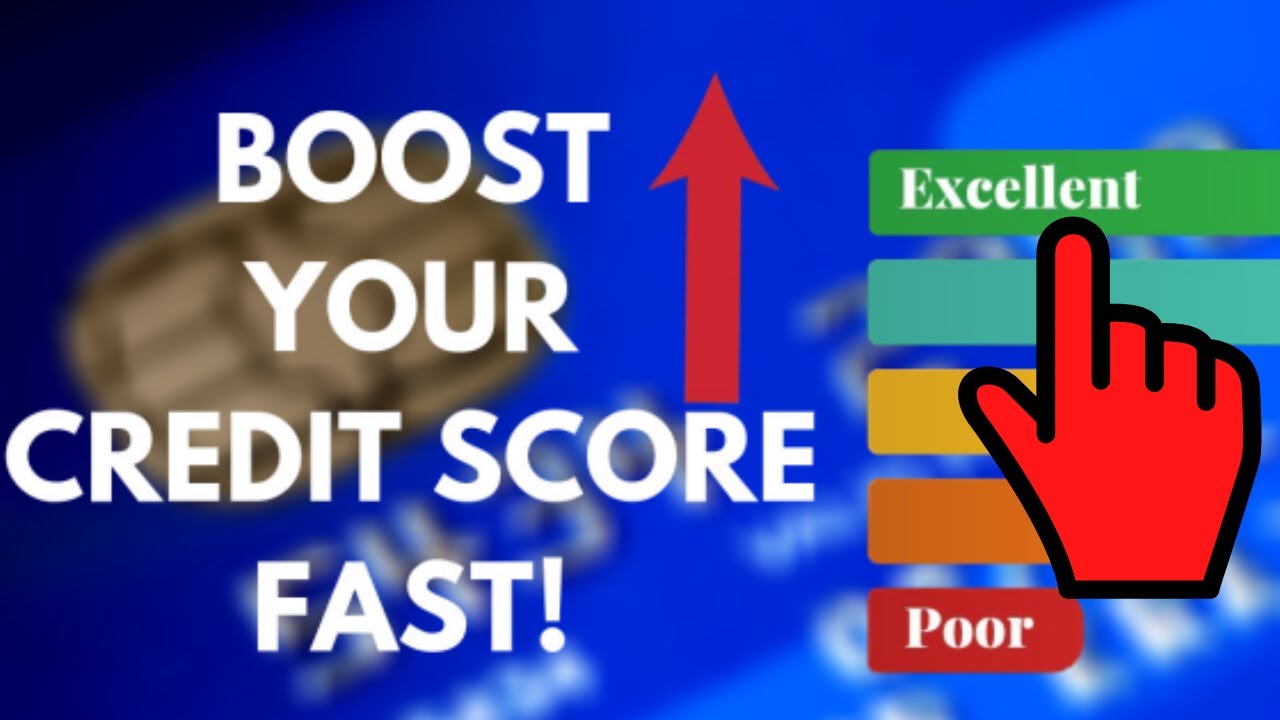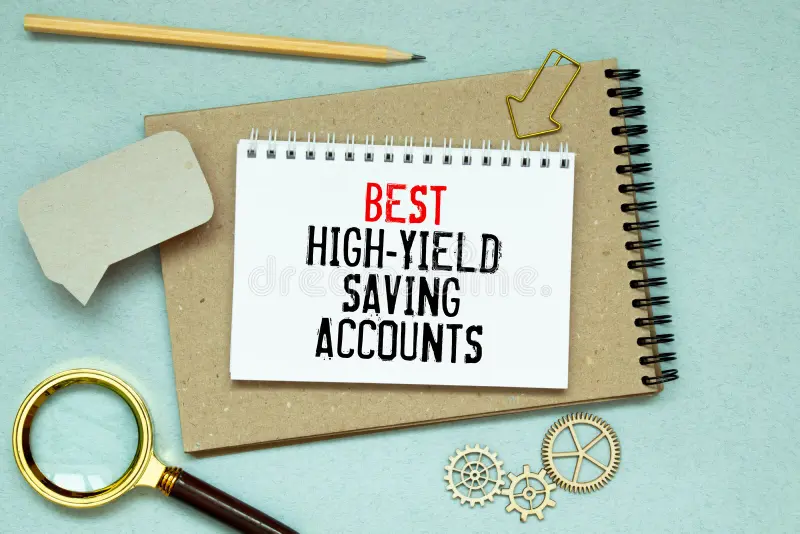Easy Ways to Boost Your Credit Score Fast
 Your credit score is one of the most powerful financial tools you have. Whether you’re applying for a loan, renting an apartment, or even landing a job, a strong credit score opens doors. But what if your score isn’t where you want it to be? Fortunately, there are simple, strategic ways to improve your credit score quickly. This guide will walk you through everything you need to know, from expert-backed strategies to common pitfalls to avoid.
Your credit score is one of the most powerful financial tools you have. Whether you’re applying for a loan, renting an apartment, or even landing a job, a strong credit score opens doors. But what if your score isn’t where you want it to be? Fortunately, there are simple, strategic ways to improve your credit score quickly. This guide will walk you through everything you need to know, from expert-backed strategies to common pitfalls to avoid.
Understanding Your Credit Score
Before diving into actionable steps, it’s essential to understand what makes up your credit score. The FICO score, the most widely used credit scoring model, consists of:
- Payment history (35%) – Whether you pay bills on time
- Credit utilization (30%) – The amount of available credit you’re using
- Length of credit history (15%) – How long your accounts have been open
- Credit mix (10%) – Different types of credit (credit cards, loans, etc.)
- New credit (10%) – Frequency of new credit applications
Each of these factors influences your score, and by targeting them strategically, you can see fast improvements.
1. Pay Bills on Time – Every Time
One of the easiest ways to boost your credit score is by ensuring you never miss a payment. Even one late payment can drop your score significantly. Set up autopay or calendar reminders for all your bills, including credit cards, loans, and utilities. The Consumer Financial Protection Bureau recommends reaching out to creditors if you’re struggling with payments—many offer hardship programs to help.
2. Lower Your Credit Utilization Ratio
Credit utilization refers to how much of your available credit you’re using. Experts suggest keeping it below 30%, but for a rapid credit score boost, aim for under 10%. Here’s how:
- Pay down existing balances – Focus on reducing credit card debt first.
- Request a credit limit increase – If approved, your utilization drops instantly.
- Spread out balances – If you have multiple credit cards, distribute your debt evenly.
According to Experian, keeping utilization low is one of the fastest ways to improve your score.
3. Become an Authorized User
If a family member or close friend has a credit card with a long history and a strong payment record, ask them to add you as an authorized user. You don’t even need to use the card—just being listed can help build your credit history. Equifax states that this strategy can significantly impact your score in just a few months.
4. Dispute Errors on Your Credit Report
Mistakes on your credit report can drag down your score unfairly. Obtain a free copy of your report from AnnualCreditReport.com and look for errors like:
- Accounts that aren’t yours
- Incorrect balances
- Duplicate accounts
If you find inaccuracies, dispute them immediately with the credit bureaus (TransUnion, Equifax, and Experian). Correcting errors can lead to a quick credit score boost.
5. Limit Hard Inquiries
Each time you apply for a new credit card or loan, a hard inquiry is recorded on your report, temporarily lowering your score. If you’re shopping for a mortgage or auto loan, FICO advises doing so within a short time frame (14-45 days), as these inquiries are often grouped together.
6. Diversify Your Credit Mix
A healthy mix of credit accounts—credit cards, installment loans, mortgages—demonstrates responsible credit use. If you’ve only used credit cards, consider a small personal loan or a credit-builder loan. NerdWallet suggests this approach for those looking to establish a more balanced credit profile.
7. Keep Old Accounts Open
The length of your credit history plays a crucial role in your score. Even if you no longer use an old credit card, keeping it open can benefit your score by maintaining the average age of your accounts. Bankrate advises using old cards occasionally to prevent them from being closed due to inactivity.
FAQs: Your Credit Score Questions Answered
Q: How fast can I improve my credit score?
A: Depending on the strategy, you can see improvements in as little as 30 days. However, significant increases typically take a few months of consistent effort.
Q: Will checking my credit report hurt my score?
A: No. Checking your own credit report is considered a soft inquiry and does not affect your score.
Q: What’s the fastest way to raise my credit score by 100 points?
A: Paying down high balances, disputing errors, and becoming an authorized user are among the fastest methods.
Q: Can closing a credit card improve my score?
A: No. Closing a credit card can actually lower your score by increasing your credit utilization and shortening your credit history.
Q: Does paying off collections remove them from my credit report?
A: Not necessarily. Some collection agencies may agree to a "pay-for-delete" arrangement, but generally, paid collections remain on your report for up to seven years.
Final Thoughts: Take Control of Your Credit Today
Improving your credit score doesn’t have to be a long, painful process. By implementing these proven strategies, you can see results quickly and set yourself up for financial success. Start by checking your credit report, making on-time payments, and reducing your credit utilization. Small steps can lead to big changes, helping you unlock better interest rates, financial opportunities, and peace of mind.

